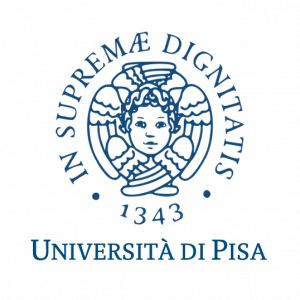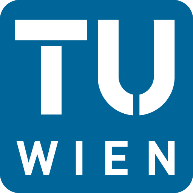AMO, Aachen, Germany
The research foundry AMO is a German SME specialized in research and development of nano- and opto-electronic devices. AMO’s main activities fall into the fields of nanophotonic, graphene & 2D-materials and advanced lithography developments. AMO hosts the Advanced Microelectronic Center Aachen (AMICA), a 350m² clean room facility with a large installed base of equipment for semiconductor process technology. AMO is coordinating the ORIGENAL project.
VTT Technical Research Centre of Finland, Espoo, Finland
VTT is a state owned and controlled non-profit, limited-l iability company established by law and operating under mandate of the Finnish Ministry of Employment and the Economy. VTT provides expert services for both private and public sectors and is ranked among the leading European RTOs. VTT’s activities are knowledge-intensive products and services, smart industry and energy systems, and solutions for natural resources and environment. The knowledge-Intensive products and services participating ORIGENAL includes activities in 2D materials research in the Micronova cleanroom, IC design and flexible electronics manufacturing.
iability company established by law and operating under mandate of the Finnish Ministry of Employment and the Economy. VTT provides expert services for both private and public sectors and is ranked among the leading European RTOs. VTT’s activities are knowledge-intensive products and services, smart industry and energy systems, and solutions for natural resources and environment. The knowledge-Intensive products and services participating ORIGENAL includes activities in 2D materials research in the Micronova cleanroom, IC design and flexible electronics manufacturing.
Università di Pisa, Pisa, Italy
The University of Pisa is an Italian public research university located in Pisa, which was founded in 1343 by an edict of Pope Clement VI. The university is ranked within the top 10 nationally and the top 400 in the world according to ARWU and QS. The research activities of the Department of Information Engineering in the field of nanoelectronics include the numerical simulation of transport and noise phenomena in nanoelectronic devices, the experimental investigation of noise properties of low-dimensional structures and the design and realization of low-noise cryogenic electronics.
TU Wien, Wien, Austria
Technische Universitaet Wien is Austria’s largest scientific-technical research and educational institution. It currently has about 30,000 students, 8 faculties and about 4,000 staff members. The university’s teaching and research is focused on engineering and natural science. The research group involved in this project focuses on the fabrication and characterization of nanoscale electronic and optoelectronic devices based on 2D materials and van der Waals heterostructures.
Bergische Universität Wuppertal, Wuppertal, Germany
 The Bergische Universität Wuppertal (BUW) was founded in 1972 and is one of the state universities in North Rhine-Westphalia (NRW), with currently 23,000 students from more than 100 countries, 3300 staff members and 260 professors. The BUW offers a diverse range of programs in science, engineering economics and the humanities, as well as educational science, design and architecture. The Chair of Smart Sensor Systems of BUW will contribute to the development of flexible logic and the folding technology.
The Bergische Universität Wuppertal (BUW) was founded in 1972 and is one of the state universities in North Rhine-Westphalia (NRW), with currently 23,000 students from more than 100 countries, 3300 staff members and 260 professors. The BUW offers a diverse range of programs in science, engineering economics and the humanities, as well as educational science, design and architecture. The Chair of Smart Sensor Systems of BUW will contribute to the development of flexible logic and the folding technology.
